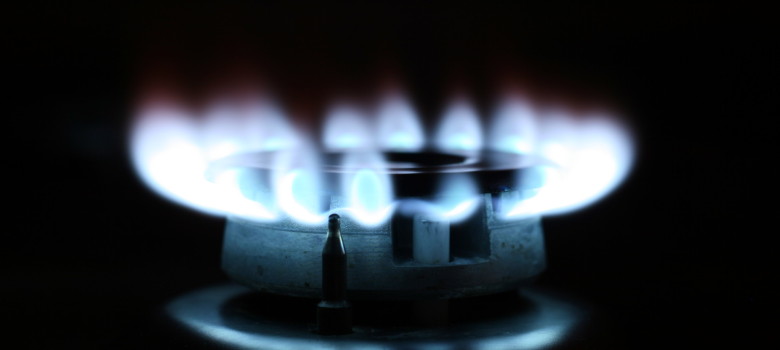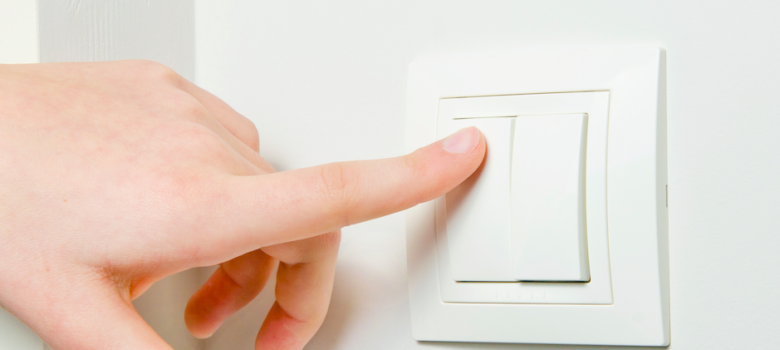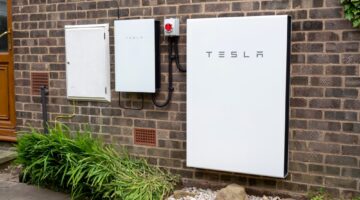
Most of us welcomed the official start of spring this week. We have ridden out months of cold weather and we can finally look forward to some sunshine. However, for many winter is more than a nuisance; it is a danger.
Monday night saw BBC Panorama investigating UK fuel poverty. Although official figures are lower, the End Fuel Poverty Coalition puts the number of ‘fuel poor’ households in the UK at 4.5 million. Many people are spending more than they can afford, or going without what most consider a basic human need. In the year 2000, the government said they would tackle fuel poverty by 2016. Yet it is now affecting more people than ever and there are no signs of it easing.
What is fuel poverty?
Until 2013, the definition was simple; households were fuel poor if they were spending 10% of their income on fuel. The coalition government changed this in 2013, and currently (in England), people are officially fuel poor if:
- They have required fuel costs that are above the national median level.
- Were they to spend that amount, they would be left with a residual income below the official poverty line.
Recent figures are skewed because the definition was changed, the number of households in fuel poverty conveniently dipped by more than 1 million. This has meant that the government has largely sidestepped questioning on the issue.
Why is fuel poverty happening?
The causes of the issue are simple – gas and electricity bills are rising above inflation, and wages are not rising alongside. This places some people in a dilemma. They must either make cutbacks in other areas, or use less fuel. Those who have already cut back on everything they can think of are left in a horrible situation.
Rising fuel costs are not the only cause of the problem. The UK housing stock is not energy efficient and improving it is not a priority for the current government. Millions of people are paying for heating that is escaping almost instantly through the walls and roof. There are currently no nationwide grants for insulating home improvements, and many cannot afford to pay themselves. A number of incentives have been ineffective and the number of efficiency measures installed through government schemes has fallen by 80% since 2012. The Green Deal was a failure. The Energy Company Obligation (ECO) – which in theory creates a legal obligation on energy suppliers to improve the energy efficiency of households – is winding down.
The government has two schemes for those who cannot afford heating. The Warm Home Discount is hard to qualify for and is only worth £140 over the whole winter period. Some benefits claimants qualify for Cold Weather Payment, but in order for it to be paid out, the outside temperature must be below 0°C for seven consecutive days. In such extreme weather, £25 worth of heating does not go very far. If the weather is one or two degrees above freezing, there is nothing to claim.
Who is at risk of fuel poverty?
The unemployed are the most likely to suffer, and from 2006 until the beginning of this year, unemployment levels had been rising. However, people in work are struggling too. A 2015 study revealed that half of UK households living in poverty had someone in work. It is a myth that only the unemployed cannot avoid to heat their homes.
As the poverty gap widens and more people are plunged into fuel poverty, there are knock-on effects. The catastrophic rise in the use of food banks is no coincidence, as more and more people are forced to choose to ‘heat or eat.’ Many are suffering health problems as a direct result of cold and damp. There is a proven link between fuel poverty and cardiovascular, circulatory and respiratory diseases. The young, old and long-term ill are most likely to suffer (the latter two because they are unavoidably in the house longer, and therefore more reliant on heating). There is also the grinding mental strain that worrying about money causes.
What is being done to tackle fuel poverty?
Despite statistics showing that cold homes can kill, there is very little being done about the problem. In modern Britain, the fact stands that fuel poverty is reducing many people’s quality of life. It’s about time the government took it seriously.
Think we missed something? Do you have a different opinion?
Comment below to get your voice heard…













No Comments yet! Be the first one.